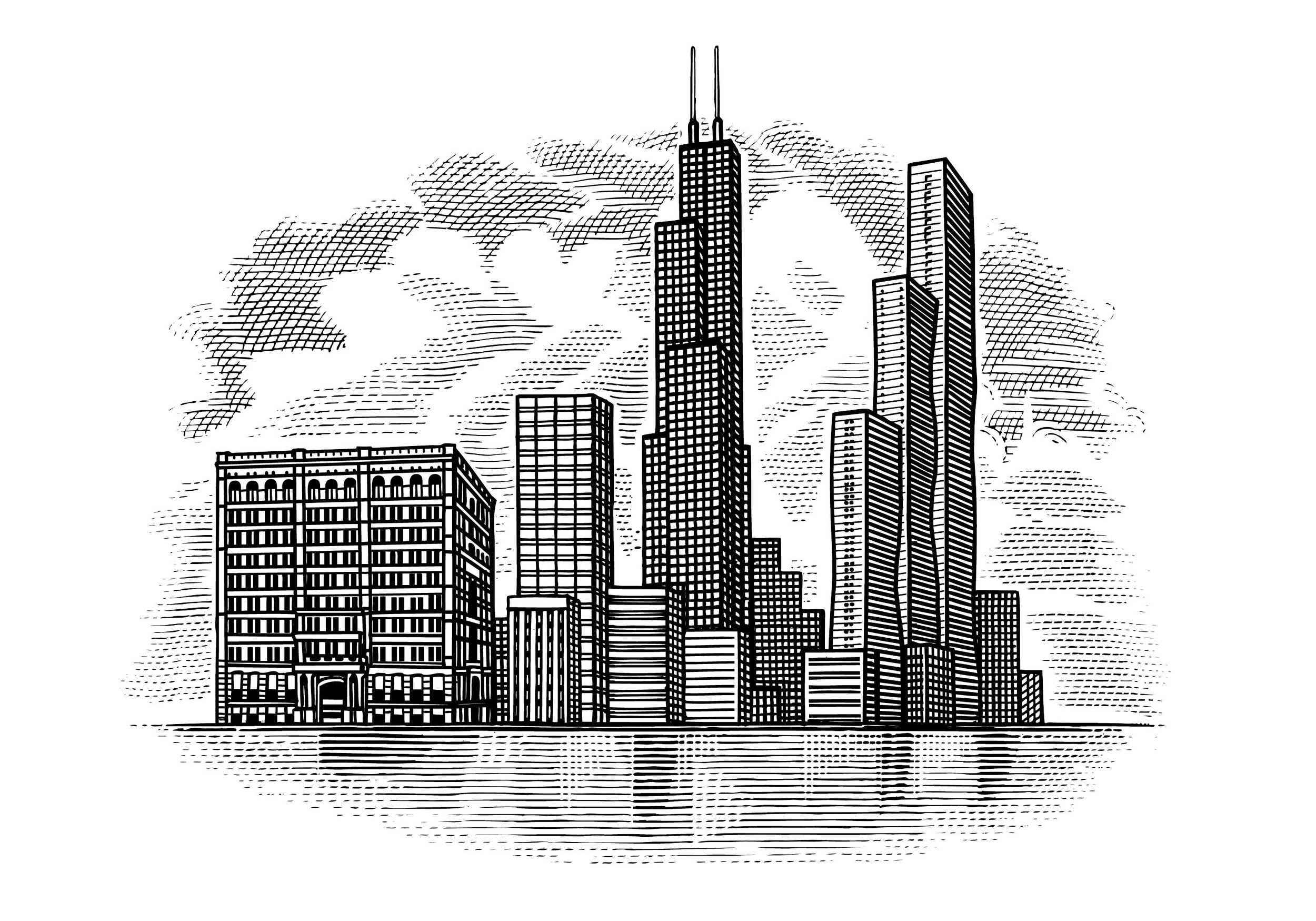Still the Last Best Hope?
Photo by Thomas Wolf, www.foto-tw.de
Length: 4 minutes (839 words)
Since the establishment of the United States 244 years ago, the motif of “the world’s best hope” (in Jefferson’s words), “the last best hope of the Earth” (in Lincoln’s words), and “the last best hope of man on Earth” (in Reagan’s words), has strangely endured. What does it mean, why is it worth remembering, and does it still matter in 2020?
Even at the time of the Founding, the United States was considered by American thinkers to be the culmination of English rights and Enlightenment philosophy. The colonists considered themselves to be English — not American as we think of it today — and expected to be treated equally with their counterparts across the pond. And for a long time, they were. The English policy of salutary neglect meant that colonial institutions could develop on their own with little interference from the crown. Representative government took root, and rights were underpinned by the same traditions that guaranteed them in the motherland.
But when the crown began to reassert itself following the French and Indian War from 1754-1763, the colonies suddenly began to feel less than the full Englishmen they believed they were. Economic manipulation, punitive sanctions (such as dissolving Virginia’s state government), and general second-class status became the norm. As much of a propaganda document the Declaration of Independence was, its list of grievances against King George III was not far from the truth: the English government really was violating the rights of citizens in the colonies.
Through the Declaration of Independence the Founders declared that:
We hold these truths to be self-evident, that all men are created equal, that they are endowed by their Creator with certain unalienable Rights, that among these are Life, Liberty and the pursuit of Happiness.--That to secure these rights, Governments are instituted among Men, deriving their just powers from the consent of the governed, --That whenever any Form of Government becomes destructive of these ends, it is the Right of the People to alter or to abolish it, and to institute new Government, laying its foundation on such principles and organizing its powers in such form, as to them shall seem most likely to effect their Safety and Happiness.
These principles, expressed poignantly and succinctly, are the foundational principles of the American experiment. The sentiments in the passage above have ingrained themselves in American culture and global political philosophy, and more than 200 years after their publication are so well known as to be cliche.
But the assertions Jefferson made, and what the Continental Congress signed on to, get to the core of the “last best hope” motif. They are “final.” For instance, how can the “unalienable Rights” of “life, liberty, and the pursuit of happiness” be distilled further? For that matter, how can the principle of self government be improved upon?
They simply cannot. Two figures recognized this, vastly different from each other, but making strikingly similar claims.
The first was President Calvin Coolidge. He is not remembered for much, partly because of his “Silent Cal” persona and his largely uneventful presidency in the 1920s. But his Fourth of July speech on the 150th anniversary of its signing gets to the core of its historical implications:
If all men are created equal, that is final. If they are endowed with inalienable rights, that is final. If governments derive their just powers from the consent of the governed, that is final. No advance, no progress can be made beyond these propositions. If anyone wishes to deny their truth or their soundness, the only direction in which he can proceed historically is not forward, but backward toward the time when there was no equality, no rights of the individual, no rule of the people.
The other individual to reach this conclusion was Francis Fukuyama in his influential work “The End of History and the Last Man.” In the 66 years between Coolidge’s speech and Fukuyama’s book, two world-changing events occurred: World War II (and the new world order it created), and the Cold War, and the world order its resolution created.
Contrary to surface-level understanding of Fukuyama’s work, “the end of history” simply means that liberal democratic capitalism is the final form of human government. Throughout the Cold War, the Soviet Union attempted to demonstrate that there was an alternative way to organize society (communist socialism), but with its collapse that approach was discredited.
So, is America still the “last best hope of the Earth”? The debates of the 21st century can obscure the vision of the Founders and the context within which they operated. “The last best hope” can sound pompous, even a little arrogant, and perhaps as a way to paper over the real issues affecting real people.
But there is a reason that motif has survived since the Founding, and that reason is because it is true. The United States is the only country established on “final” principles, and as long as it exists, it is living proof that those principles carry with them an animating force — a grand finality — found nowhere else.

